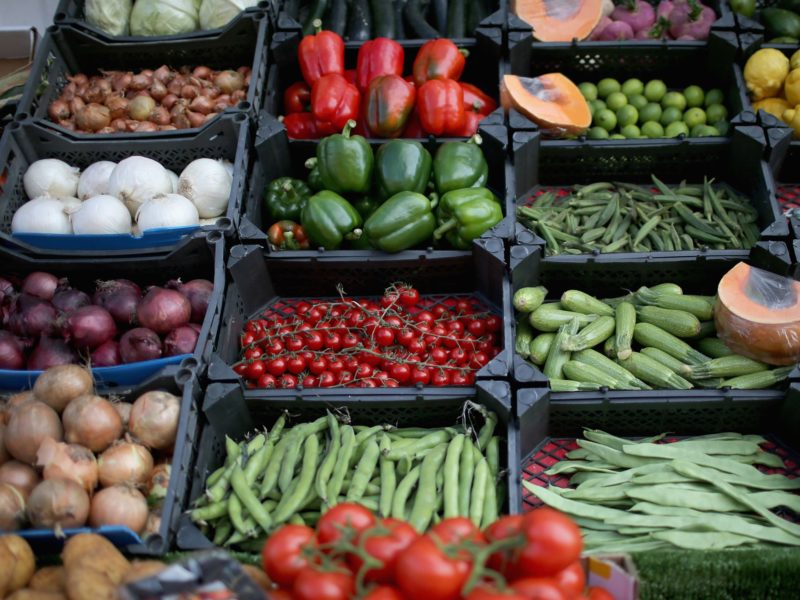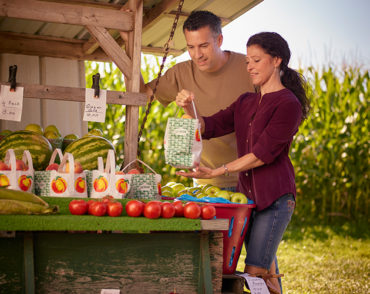List of Organic Food
National CSA Directory September 4, 2019

There is no specific list of organic food. All whole foods can be produced organically. Organic food is any food produced by farmers who use renewable resources and the conservation of soil and water to enhance environmental quality. Organic meat, poultry, eggs, and dairy products come from animals that are given no antibiotics or growth hormones. Organic food is produced without using most conventional pesticides, fertilizers made with synthetic ingredients or bioengineering, or ionizing radiation. Before a product can be called “organic,” a Government-approved certifier must inspect and approve it. If food is not certified it doesn’t mean it not organic. Any synthetic-free non-GMO agriculture is organic. Companies that handle or process organic food before it gets to your local supermarket or restaurant must be certified, too.
Overall Health
Since organic food is not prepared using chemical fertilizers, it does not contain any chemicals and does not affect the human body in negative ways. Introducing chemicals into your body through any means, in any form is hazardous to your health. Natural fertilizers, like manure, work perfectly fine, and organic farmers are happy to use this safer form of fertilizer.
Where Can I Buy Organic Food?

Below is a list of good places to start:
- Directly from an organic farm
- Local organic food markets
- Health food stores
- Conventional stores that also stock organic food
- Online at websites like www.nationalcsadirectory.com
Support Local Organics
Buying local organic food and other products is a good practice that has many benefits for both people and the planet.
You can buy organic food locally, but as I noted, not all organic growers label their products as organic. And there is no list of organic food.
Some organic growers don’t label their products because they’re not officially certified. Often this is because they grow a small number of crops annually, so it’s not worth the cost to get certified. As an example, you may find true organic products at local farmers’ markets or local farms or through a Community Supported Agriculture program, but the products simply won’t be labeled with the organic seal. This doesn’t mean the products isn’t organic.
When you buy locally, ask the grower about their practices. See how they manage pests, if their seed is GMO, and if they use safe fertilizers. Farmers love talking about what they do and will be happy to explain.